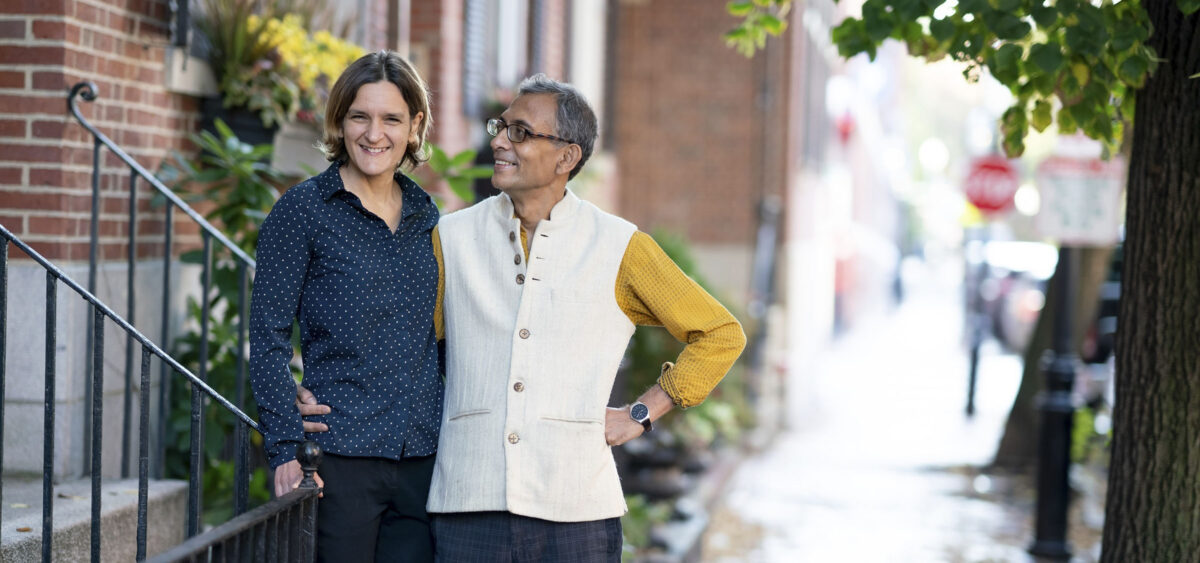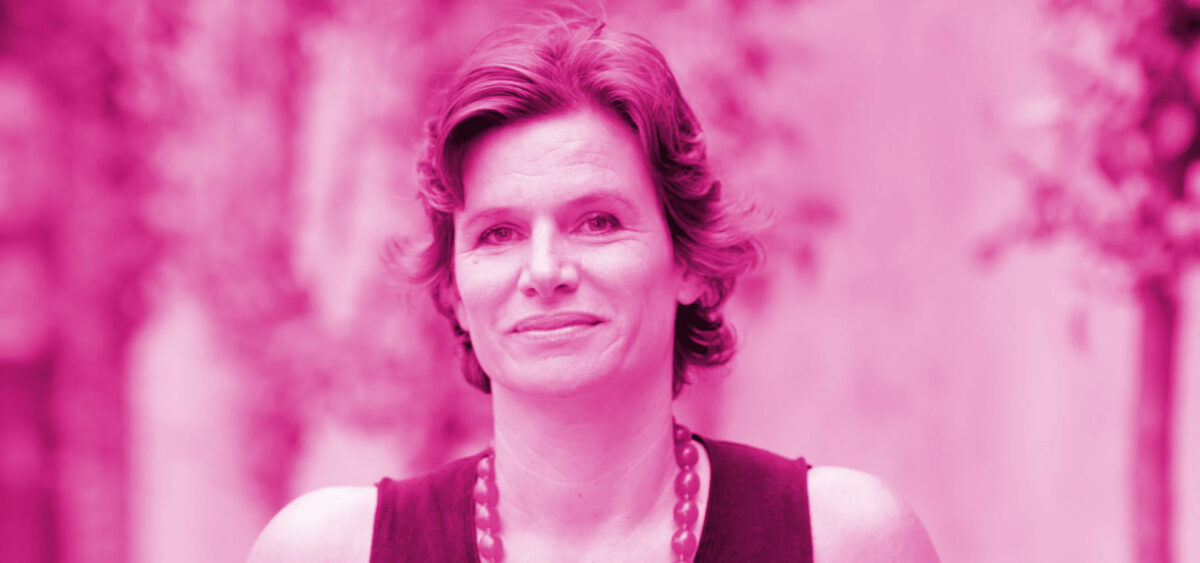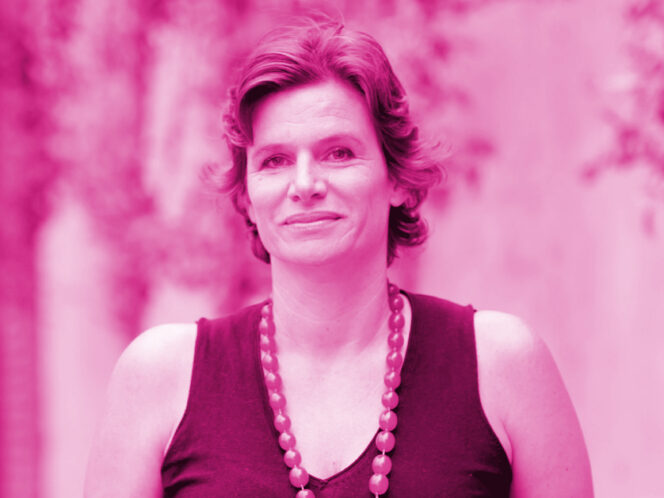
If you would like to help someone, first learn as much as you can about them. Toss away the golden rules; tailor a solution to each individual. And most importantly: do not believe in self-evident truths—keep checking and inquiring. This is the advice of Esther Duflo and Abhijit V. Banerjee, Nobel Prize winners and scholars of contemporary poverty.
Both of them were still asleep when the phone rang. Their watches in Cambridge, Massachusetts showed it was only 5:00 a.m. It was October 2019. When forty-seven-year-old Esther Duflo, a scientist studying poverty and how to ameliorate its effects, finally answered the call, she may have momentarily thought that she was still dreaming. The voice on the other end of the line told her that she would be the second woman in history to receive the Nobel Prize in Economics. She responded by asking: “Myself and who else?”
Two other economists were awarded along with her: her husband Abhijit V. Banerjee and Michael Kremer—all three had spent years conducting landmark studies at Poverty Action Lab, a global research center for combating world poverty.
Right after Duflo discovered she was not only the second woman to win the prize but also the youngest winner of the Nobel Prize for Economics, she handed the phone to her husband. When she had recovered from the shock, she followed the advice of the man who had phoned from Stockholm: she had a cup of tea and got dressed, because forty-five minutes later all three professors were to hold their first press conference. As in all subsequent interviews, they stated that they were accepting the distinction for all of the academic community that was trying to change how economics describes the world.
Duflo, Banerjee, and Kremer received the Nobel Prize for their detailed measurements of poverty since the start of the twenty-first century and for their publications on the subject, including the book Poor Economics (2011). Soon after having received this highest of honors, in November 2019 the couple released their second popular science publication: Good Economics for Hard Times. In this book, Duflo and Banerjee show how their research methods help them access solutions to today’s pressing issues: migration; the crisis of democracy; the growth of populism; the domination of superpowers. Their research in many countries and in diverse social groups takes care to respect human dignity and restore subjectivity to people traditional economics reports reduce to numbers on a chart (and often to mere fractions).
Although they








